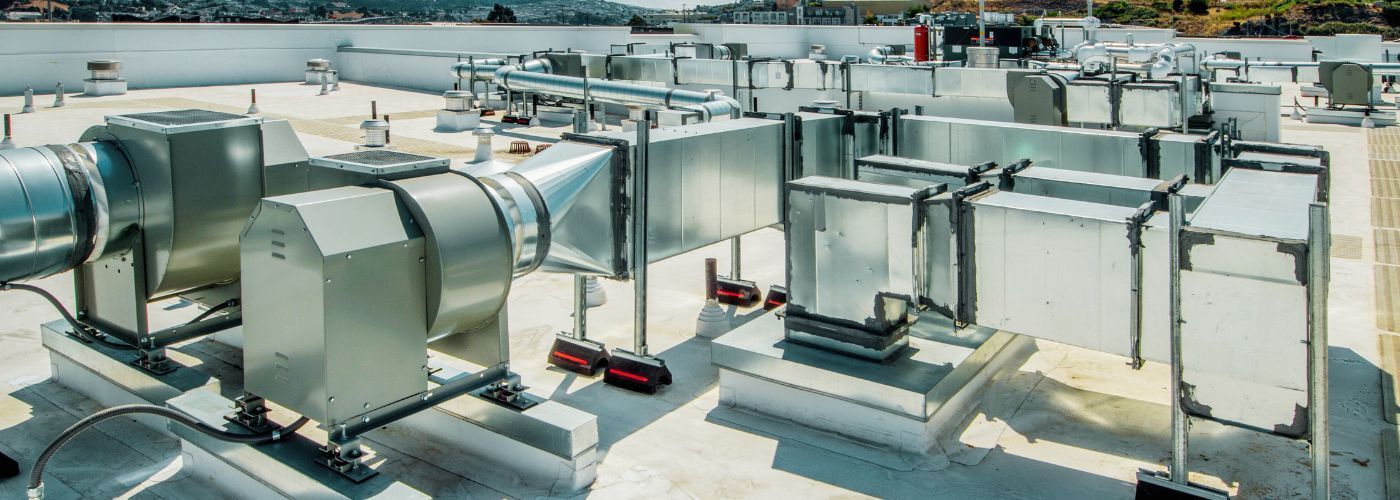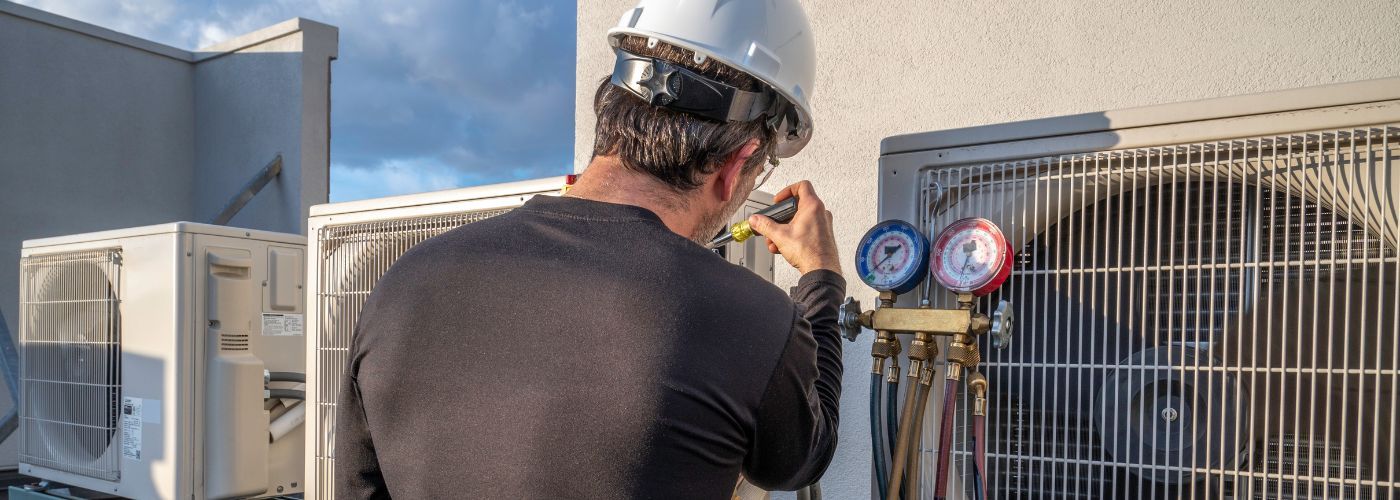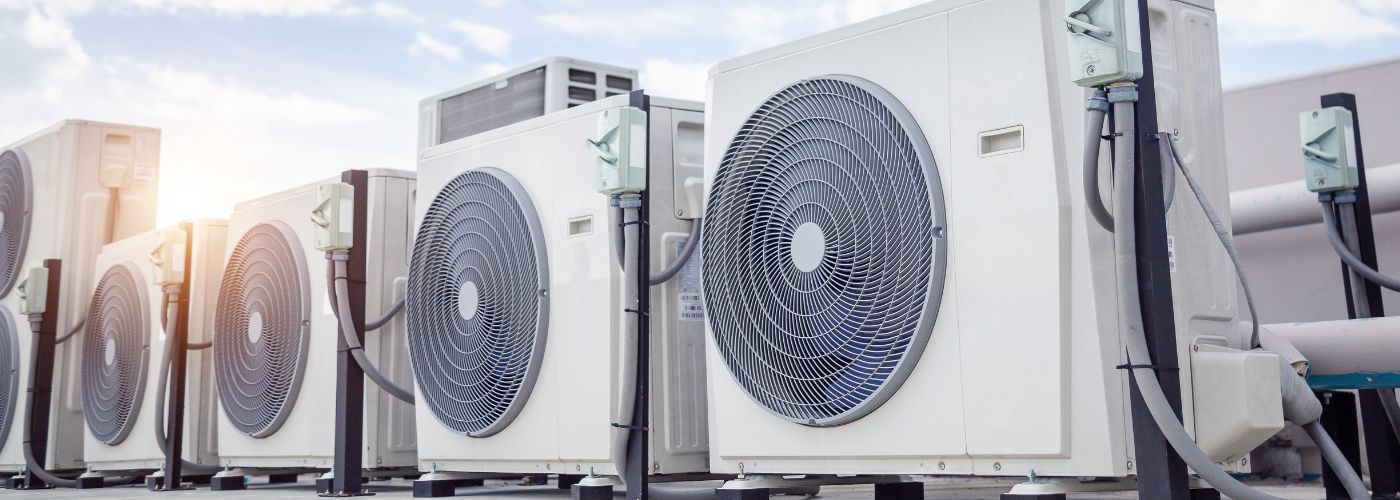HVAC Coil Cleaning: What's the DEAL with it anyway?
Helping Denver & The Front Range with Better HVAC Energy Efficiency
HVAC Coil Cleaning
The coils of your heating and cooling units are some the most important parts of the system. The two different types of coils, evaporator coils which absorb heat and humidity from the air in your environment and condenser coils that expel heat outside of your building, must be clean for your system to function at its fullest and most cost effective.
It's important to keep the coils clean because they can't properly transfer heat when covered in dirt and grime. This can cause all types of issues, starting with higher energy use and can lead to system overheating and the units failing.
How often should you clean your coils for best HVAC energy efficiency?
- The age and condition of your equipment - Older or less maintained equipment is prone to accumulating dirt faster, extend the life of your system with a coil cleaning program.
- Location - This is a big one - is your building in a metropolitan area where pollution levels are higher? Is there construction or demolition going on nearby that’s sending debris into the air? Are the units exposed to exhaust from nearby factories? If so, you may need to have the coils cleaned more often.
- Usage - How often is the unit running and what is the occupancy of the environment? The higher the use, the more blockage the system will accumulate and the more often you may need to have the coils cleaned.
Coil cleaning programs get a return on investment in energy savings.
Considering all the things that could go wrong with your HVAC system if you neglect coil cleaning, it’s like an inexpensive insurance policy for your building. The fact is that coil cleaning and regular preventative maintenance more than pay for themselves with the resulting energy savings, lower "hot calls" and repair costs and let's not forget increased system life-span which means you won't have to replace units as often.












